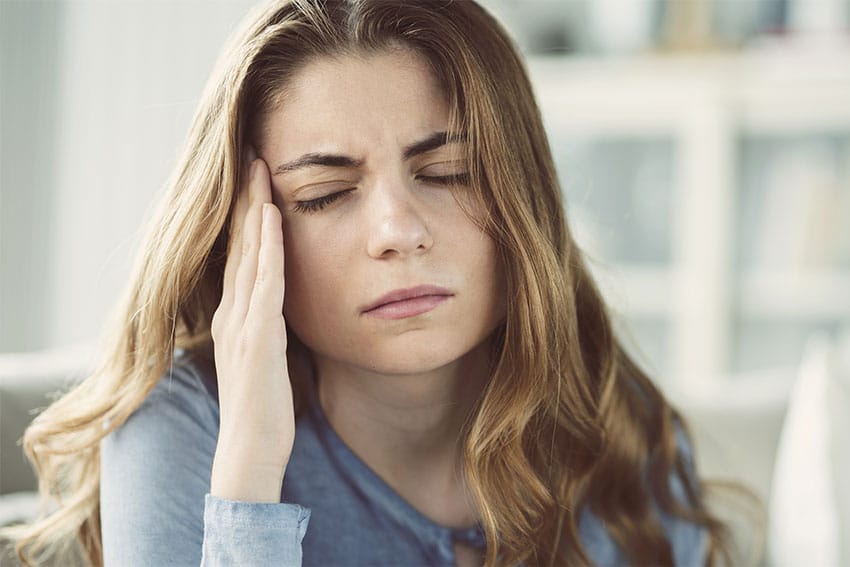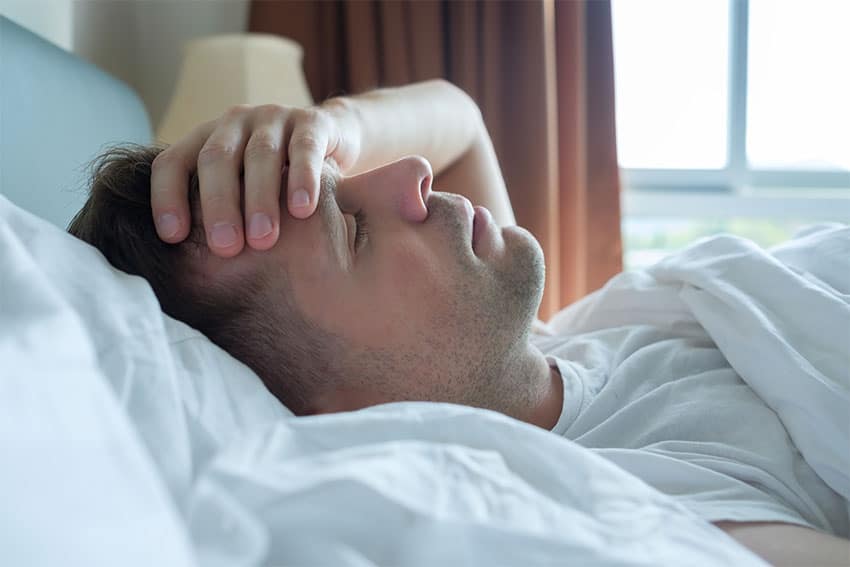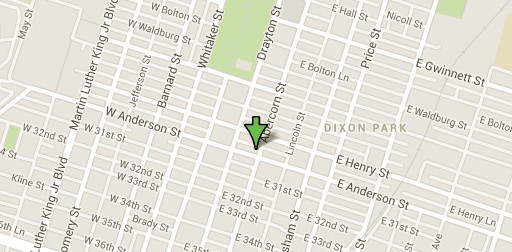If you can understand the reasons why you have migraines, you can head them off before they start. That will be your best possible treatment option. Before you spend any more time trying different treatments that don’t work, learn about the different migraine triggers, and try to determine what might be triggering yours. Here’s a complete guide to migraine triggers and treatments.
Migraine Triggers
There are many things that we do every day that can trigger migraines. To identify your migraine triggers, try keeping a migraine diary. Pay attention to all the things you do and eat before you develop your migraine. Here are some of the more common migraine triggers to look out for:
Diet
The things you eat or drink can significantly impact your migraines. Caffeine is a known migraine trigger for many people, either directly or during withdrawal. Alcohol can cause migraines due to its effects on the brain and that it can lead to dehydration. Artificial sweeteners and monosodium glutamate (MSG) have been linked to migraines for some people.
Other potential foods that might trigger migraines include:
- Chocolate
- Aged cheeses
- Red wine
- Citrus fruits
- Yeast
- Pickled and fermented foods
- Processed and cured meats
Make sure to keep a food diary to find out if any foods trigger your migraines.

Medications
Medications that affect your blood flow can trigger migraines, including blood pressure and erectile dysfunction (ED) drugs. Some vitamins as well as medications that contain hormones or caffeine can also lead to migraines. SSRIs and other antidepressants can also be a trigger. Sometimes, you may experience serious rebound headaches from using too many pain medications.
Hormonal Fluctuations
Women of childbearing ages can experience migraines related to their menstrual cycle or in relation to the cycle of their birth control medication. If you recently started a new birth control, make sure to take note of your symptoms. A progesterone-only or hormone-free option might help you prevent migraines. We recommend keeping track of your menstrual cycle to determine if hormonal changes might cause your migraines.
Stress
Emotional stress can lead to jaw clenching which can cause migraines. It can also lead directly to migraines in some cases. Jaw clenching and grinding (bruxism) can occur both during the day and during sleep. Pay attention to any jaw or face pain as an indicator you’ve been clenching or grinding your teeth. Clenching and grinding can also be a symptom that you have TMJ.
Sleep
Sleeping problems, either getting too much or not enough sleep, can lead to migraines. Sleep apnea can also be a cause of migraines. Once again, keep a log of your sleep. Even better – use a sleep tracking device like a smartwatch to really keep tabs on if you’re sleeping enough.
Exercise
Stimulating your heart and blood flow can be a trigger in some people. On the flipside, not replenishing your fluids during and after a workout can also lead to migraines due to dehydration. Make sure to drink enough water and to not overwork yourself during a workout.
Sex
As with exercise, some people develop migraines in response to sexual excitement or activity.
If you identify certain activities or dietary items that seem to be causing your migraines, you can begin avoiding them to try to reduce migraines. Talk to your doctor first before stopping any medications.
Migraine Treatments
Once you’ve identified your migraine triggers, you’re ready to start trying to reduce your headaches. Here’s a progression of treatments to consider for your migraines.
Address Triggers
Look at your list of triggers. Start by cutting out one or two that seem to be most closely associated with your migraines. Remember, talk to your doctor before modifying your medications. It’s also important to note that what is a migraine trigger for some people might be a migraine cure for others. Exercise, sex, and caffeine have been shown to cure migraines as well as cause them.
Vitamin Supplements
Some nutrients have been shown to reduce migraines. Magnesium, omega-3 fatty acids, and vitamin B2 (riboflavin), all have some support as migraine prevention, but the evidence is limited. Avoid taking a multivitamin, because some nutrients also act as migraine triggers. Remember to talk to your doctor before taking vitamin supplements.

Try Migraine-Busting Foods
Some foods have been shown to reduce migraines. Peppermint, ginger, and spicy chilis can sometimes knock out migraines or prevent them.
TMJ Treatment
Temporomandibular joint disorder can trigger migraines by causing adverse stimulation of the trigeminal nerve or its branches. Nonsurgical, noninvasive, and reversible treatments are recommended until you have established its effectiveness for you.
Medication
Migraine medications are only partly effective, and they carry significant side effects, but for some people, they are a godsend. If you haven’t been able to get relief, medications may be the right course for you.
Surgery
Surgery is considered a last resort for migraine treatment, but sometimes that’s what’s necessary.
Chiropractor
Some people can benefit from seeing a chiropractor to realign their body and loosen their joints. However, this won’t always be the cure. Oftentimes, chiropractic care will only bring short-term relief. It’s important to address the initial cause of the problem instead of taking a band-aid approach.
Learn More About Migraine Treatment in Hilton Head, GA
Living with frequent headaches and migraines can have a huge impact on your quality of life. If you’re ready to start living your life again pain-free and have tried tons of migraine and headache treatments that don’t work, TMJ treatment might be the solution. Contact our TMJ dentists today to receive a thorough examination, TMJ diagnosis, and customized treatment plan to bring you headache and migraine relief. Please call (843) 706-2999 for an appointment at Beyond Exceptional Dentistry with a Hilton Head TMJ dentist.




